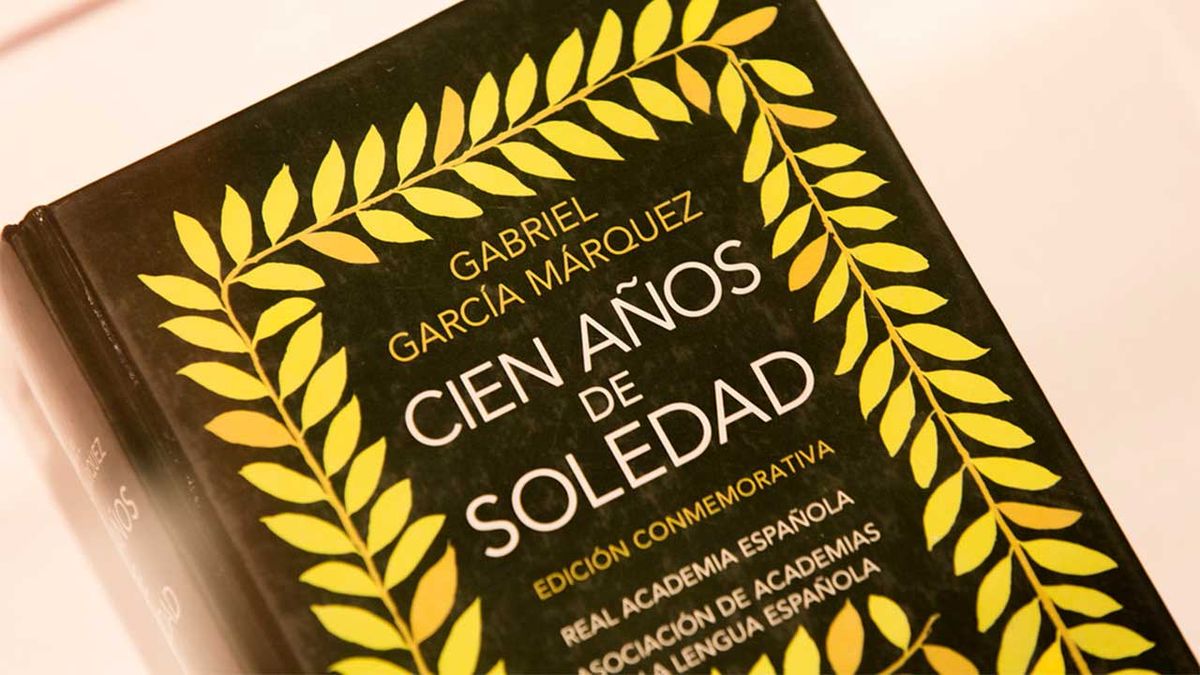A recent report of an organization dedicated to the defense of freedom of expressionrevealed that 4,000 books were banned in 87 school districts of USAamong them “One Hundred Years of Solitude” of Gabriel Garcia Marquez. In the letter, he also denounced an “unprecedented expansion of literary censorship“in the public educational system.
The ban took place during the school year 2024-2025consolidating a growing trend for three years and that puts access to reading in classrooms at risk.
The PEN America study, titled “The normalization of book bans”record 6,870 cases of censorship throughout the country, a number that, according to its authors, “Americans have never seen such a figure before in their history”.
The entity warned that a systematic control model that affects both the literary materials like to the public educational structure as a whole.
A US policy
From 2021PEN America posted 22,810 prohibition actions in 45 statesranging from total restrictions to age limitations or special permit requirements.
Among the affected books are classics of world literature such as “One Hundred Years of Solitude” and “Love in the time of cholera”by Gabriel García Márquez, removed from circulation in different counties. These works by the Colombian Nobel Prize winner join a long list of titles noted for their content on identity, diversity or social criticism.
Gabriel Garcia Marquez.jpg
Two characteristic works by Gabriel García Márquez are included in the ban.
Archive
The states with the highest number of prohibitions are Floridawith 2,304 casesfollowed by Texas, Tennessee and Pennsylvania. The report also warns that others such as Michigan and Minnesota could replicate these measures in the short term.
PEN America attributes this surge to the pressure from conservative groups who promoted a coordinated strategy to restrict access to materials related to race, gender, diversity and recent history. “They have exploited the fears and anxieties of parents to exert ideological control over public education across the United States.” through consistent and coordinated tactics“, denounces the document.
Examples of censorship and methods applied
The report highlights as an emblematic case that of the state of Tennesseewhere works such as “Fahrenheit 451”of Ray Bradburyand one graphic adaptation of the Diary of Anne Frank. According to the researchers, these decisions “did not respond to pedagogical criteria,” but to attempts to impose an ideological vision about educational content.
Within this framework, over the last year, PEN America identified three main types of restrictions, from total banswhich eliminate books from libraries and classrooms, to limitations due to age or school grade. They also detected books subject to review or with special access requirements.
Even the federal government intervened in some cases: almost 600 books were removed of schools under the administration of Department of Defensein compliance with internal guidelines linked to issues of diversity, inclusion and equity.
Authors and works under the spotlight
The offensive includes internationally renowned writers such as Isabel Allende, Stephen King, Sara J. Maas, Ellen Hopkins, Atsushi Ohkubo and Elena K. Arnold. In the case of Allende, his novel “The house of the spirits” It is among the titles removed.
The report warns that this practice generates economic and emotional damages for both authors and publishers, and in some cases The censorship of a single work led to the complete exclusion of the writer’s entire productiona phenomenon that the study defines as a “Scarlet Letter”.
A significant proportion of the bans focused on texts that address LGBTI+ issuesdesignated as “sexually explicit” by the authorities or the groups that promoted the complaints. Works dealing with racial justice, migration, sexual violence and historical memoryrated as “inappropriate” for students.
The impact on education
The definition of censorship adopted by PEN America covers any measure that limit student access to a book by its content. According to the report, the practice affects not only the literary field, but also other pedagogical resourcesas school textbooks, book fairs and educational programs.
In several districts, censorship led to event cancellation, restrictions on literary donations and review of curricular contents. In this way, the phenomenon began to alter the academic and cultural life of thousands of public schools.
The organization concludes that this trend threatens one of the pillars of American education: free access to knowledge. In the words of the report, “Censorship ceased to be an isolated reaction and became a structural, organized and persistent policy.”, a warning that set off the alarm in the literary and academic world.
Source: Ambito




